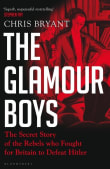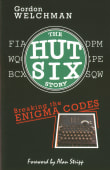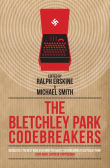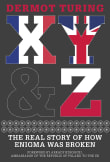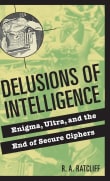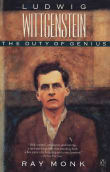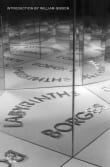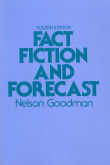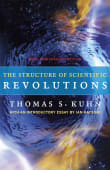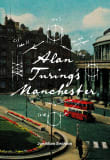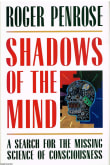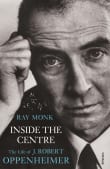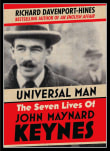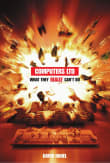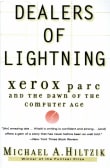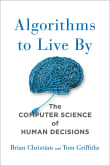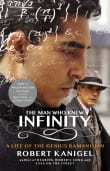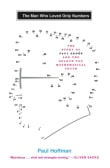Alan Turing
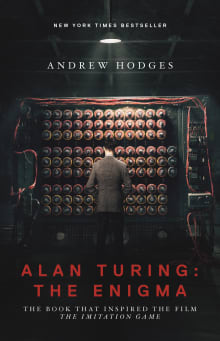
Book description
A NEW YORK TIMES BESTSELLER The official book behind the Academy Award-winning film The Imitation Game, starring Benedict Cumberbatch and Keira Knightley It is only a slight exaggeration to say that the British mathematician Alan Turing (1912-1954) saved the Allies from the Nazis, invented the computer and artificial intelligence, and…
Why read it?
6 authors picked Alan Turing as one of their favorite books. Why do they recommend it?

This is a book that is at once a biography, a testament to human genius in the face of imminent danger, and a story of human injustice. Alan Turing had an idea about a ‘universal machine’. A machine, when built at Bletchley Park, allowed the Allies in World War II to crack the German Enigma ciphers. This universal machine laid the foundations for modern computing and all the amazing advances we enjoy today. But at a price for Turing, he fought inner demons about his homosexuality and eventually paid the ultimate price.
I marveled at his genius, cheered his cryptographic…
From C.A.'s list on mixing science, fiction, and adventure.

A deeply personal choice because I also studied mathematics at university, although I don’t have even a millionth of Turing’s talent. His story is a tragedy. A man who saved thousands of lives, with both his astonishing powers of analysis and invention and his sheer bloody-mindedness in the face of blinkered bureaucracy. And yet after the war he was criminalised for his sexuality.
From David's list on historical gay heroes.

Turing was the greatest mathematician in mid-century England—a codebreaker for the German codes and much much more. Turing machines are still the (abstract) computers that model what is possible and what is not. Alan Turing himself was gay when this was an unsolvable problem—and his life ended far too soon. He had so much to give.
From Gilbert's list on mathematicians and their lives.
If you love Alan Turing...

I first learned about Turing from Andy van Dam in my first computer science class at Brown, in 1966 (yes, there was a CS class back then—it was one of the first anywhere). I read this definitive biography when it first came out in 1983 and found it fascinating. Much later, when I was organizing the Turing Centennial Celebration at Princeton in 2012, I was amazed to learn that the book was out of print. I mentioned this to Vickie Kearn, a longtime editor at Princeton University Press, and she seized the opportunity to go visit Hodges and get rights…
From Robert's list on what computer science is all about.

I knew Ray Monk and when I told him I thought his book was much like Andrew Hodges’ account of Turing, he was delighted because he said it was his inspiration. Turing is not dealing with humans, you might say, but in dealing with attempts to mimic humans he is exploring what humans are.
Here his famous ‘Turing Test’ for intelligence is described. It was inspired by a parlour game in which men pretended to be women and vice versa; Hodges suggests this interest arose out of Turing’s homosexuality and that is how he came to invent the Turing…
From Harry's list on making reality.

Imaginative and unconventional thinking was essential if Britain was to overcome the challenge of Nazi Germany. Far-sighted and tolerant management allowed unusual talent to thrive, with beneficial results. Perhaps the most famous, and amongst the most imaginative and unconventional, was Alan Turing, so this book fully deserves a place on my list. Well-researched and authoritative, its publication led to a growing interest in this gay Cambridge mathematician, whose life came to a tragic end with his suicide at the age of 41.
From Mark's list on the Enigma Machine and Bletchley Park.
If you love Alan Turing...
Want books like Alan Turing?
Our community of 12,000+ authors has personally recommended 100 books like Alan Turing.

